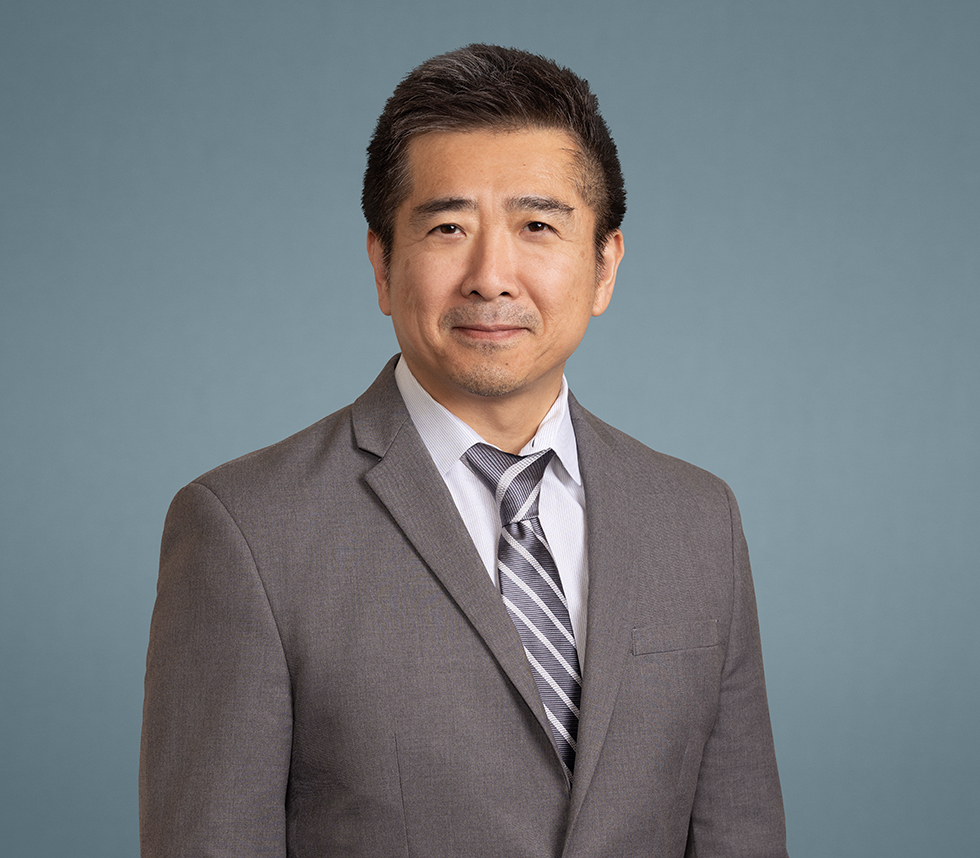
The Importance of Nuanced Interpretation in Japanese Translation: Lessons from Ikkyu-san and the Bridge
Author: Glenn Yamada
The story of Ikkyu-san and the bridge highlights the value of interpreting meaning beyond surface-level words, a skill that even advanced AI translation tools struggle to master. In this article, we explore the nuances of language translation through Ikkyu-san’s clever resolution and its implications for fields like litigation, where precise interpretation can make all the difference to the outcome of a case.
Ikkyu-san and the Bridge
In Japan, there is a story about a boy monk named Ikkyu-san who was ordered by the High Priest to conduct some business at an estate in a nearby town. Upon his arrival in town, Ikkyu-san noticed a large group of people gathered around a bridge that led to the estate. He asked, “What is happening?” and was told there is a sign in front that says, “このはしわ たるべからず” or “Do not cross this bridge”. The master of the estate had put the sign there, as he was mean-spirited and liked to cause problems.
The townspeople were thoroughly stumped and troubled by the sign, as they all had
business to conduct at the estate. Ikkyu-san then thought about how to resolve this
conundrum in his characteristic fashion, by sitting in a lotus position and rotating his index fingers above his head (to concentrate). After some time, he cried out, “That’s it!”, “All right, I’ve got a good idea!”. He then proceeded to walk down the center of the bridge while everyone watched in shock.
After passing over the bridge, Ikkyu-san knocked loudly on the gate of the estate, stating he was there on business by the High Priest. The master of the estate opened the gate and immediately blurted, “Hey, didn’t you see the sign at the bridge!?” to which Ikkyu-san responded, “The sign said not to cross the edge of the bridge, so I came down the center of the bridge instead.”
In Japanese, the word “はし” (hashi) can mean both “bridge” and “edge”.
With a look of resignation, the master conceded, “You got me,” and let him into the estate.
Artificial Intelligence and Translations
In an age where people are increasingly turning to AI for Japanese (and other language) translations, the above story illustrates the importance of considering alternative interpretations – a task that requires the insight of Japanese language professionals. For example, prompting a popular AI application to translate the sign in the story above resulted in the following:
- Do not cross this bridge.
- You must not cross this bridge.
- Crossing this bridge is not allowed.
- This bridge must not be crossed.
None of the translations above mention the possibility of “はし” being read as “edge”. Had the townspeople relied on AI to help them, they would have remained stumped.
Importance for Litigation
In the context of litigation or investigation where statements can become material based on how one word is translated, it is critical to be aware of all possible translations of a text. However, machine translations will provide only one translation, and legal professionals unfamiliar with Japanese often have no choice but to accept what they are given. This can lead to misunderstandings that can significantly impact a case.
Like Ikkyu-san, attorneys who are well-versed in Japanese language and culture are able to assess various interpretations to determine what translation works best given the overall context. Moreover, context here requires an understanding of many things, including other company documents, company culture, employee relationships, industry terminology and perhaps most importantly, Japanese culture and language itself.
Here at Hilgers Graben, our team of Japanese proficient attorneys are keenly aware of the importance of how terms, phrases, and passages are translated. We ensure that
translations consider all possible meanings to provide the most accurate and contextually appropriate interpretation for the case.
Contact us at foreignlanguage@hilgersgraben.com to learn more.

Glenn Yamada, Counsel; Foreign Language Review Services
Glenn Yamada is a seasoned e-discovery attorney at Hilgers Graben, where he brings over a decade of expertise working in high-stakes, complex litigations. Follow him on LinkedIn here.



















